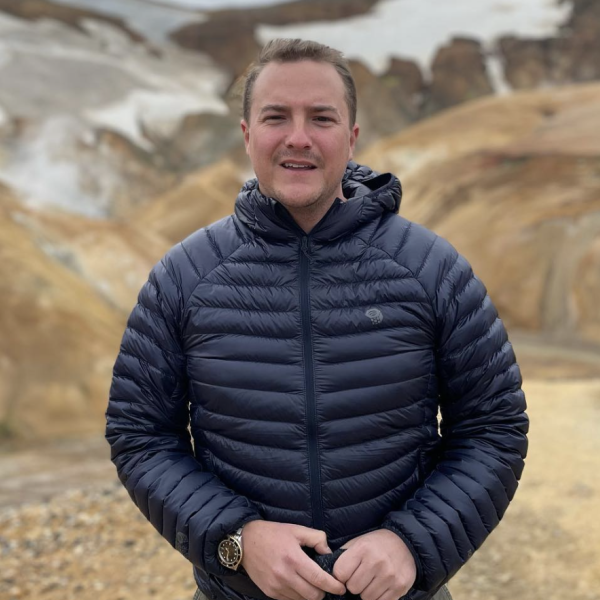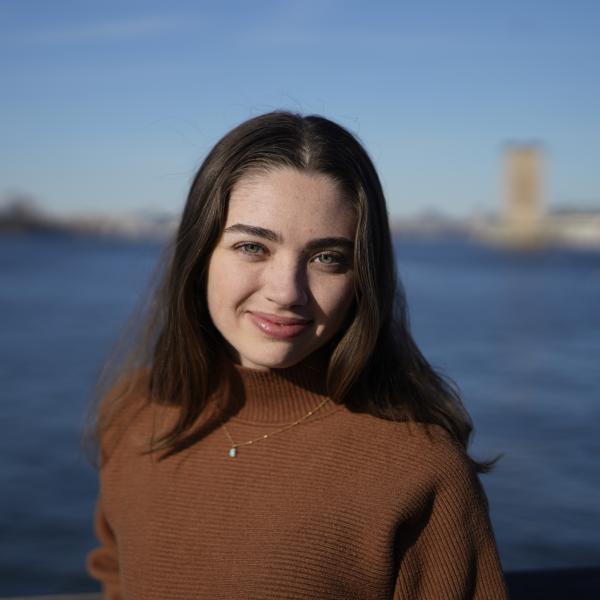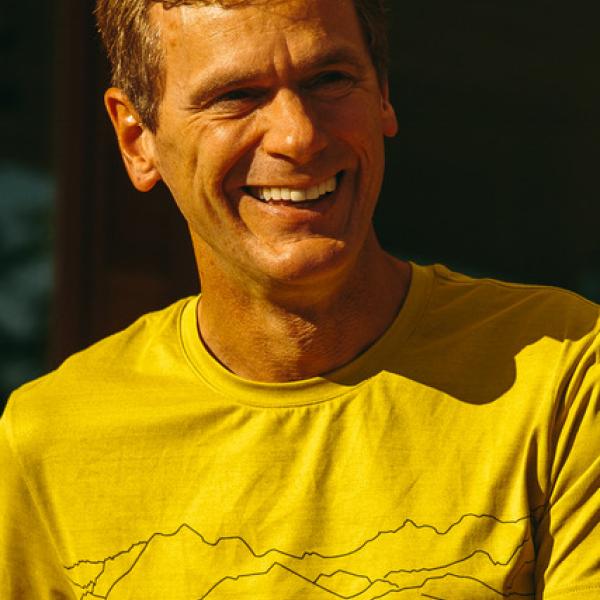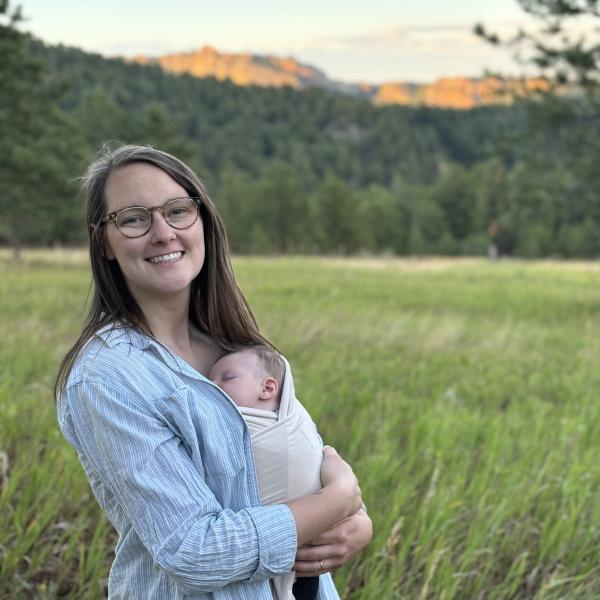Class of 2025-26 Scripps Fellows
The 2025-26 class of Ted Scripps Fellows in Environmental Journalism at CU Boulder’s College of Communication, Media, Design and Information will explore a range of issues related to climate change, encompassing emerging infectious diseases to technology’s potential role in catching arsonists responsible for wildfires.
Part of the college’s Center for Environmental Journalism, the Scripps fellowship gives full-time journalists the opportunity to enhance their knowledge and understanding of a variety of topics, so they can more effectively report on pressing environmental issues in ways that resonate with broad audiences. Over a nine-month period, fellows attend classes, participate in weekly seminars and field trips, and meet experts as they develop independent journalistic projects related to the environment.
Established in 1993, the Scripps fellowship has been based at CU Boulder since 1997, making this the 29th class to join the program as part of the university.
This year’s fellows are:
Ben Cathey is a meteorologist and environmental reporter interested in bad decisions. In Boulder, he’s pursuing a serialized set of television news pieces on wildfires. The plan is to syndicate these among a large broadcast news group. Why can’t homeowners, utilities, insurance companies get on the same page? Are these snap decisions? Have these been brewing for years? Ben wants to delve into these issues - in a perfect place like the Front Range.
Studying the intersectional issues swirling around wildfires for years, while also predicting the weather patterns governing the fires, Ben is curious to learn more from subject matter experts at CU. He’s looking forward to working with hot shot crews across the Rockies, something not possible on a daily news deadline. And to learn how technology like AI and drones can be used for good and bad to catch both fires and arsonists. He’s an Emmy, Murrow, AP, SPJ, and American Meteorological Society award winner. In 2023, he was named the top science reporting TV meteorologist in America by the AMS. In 2020, the Associated Press named him the best meteorologist in Tennessee. Ben’s looking forward to coming back to his favorite mountain town, Boulder.
Erin Douglas is a climate and environment reporter who has worked for The Boston Globe, The Texas Tribune, and the Houston Chronicle. At the Globe, she covers climate adaptation and resilience, including rising sea levels, disaster recovery, inland flooding, and water quality. Before joining the Globe, Erin covered climate change for the Tribune, including the impacts of heat, drought, and hurricanes, and prior to that, she covered energy and environment issues for the Chronicle. Her work has been recognized by the Investigative Reporters & Editors (IRE), the Society of Environmental Journalists (SEJ), and the Society for Advancing Business Editing and Writing (SABEW). She was part of the Tribune teams honored by Edward R. Murrow awards in 2022 for general excellence and breaking news. Erin is also an experienced field reporter and public speaker. As a Ted Scripps fellow, Erin will study the relationship between climate change and emerging infectious diseases.
Christopher Solomon, a former staff reporter for the Seattle Times, has been a full-time freelance journalist since 2002. He writes frequently for the New York Times, and has written reported stories, op-eds, features and personal essays for Outside magazine (where he formerly was a contributing editor and contract writer); National Geographic; Wired; Travel+Leisure; Orion; and many other national publications. His work has been featured seven times in the annual Best American Writing anthologies. Some of his writing can be found at www.chrissolomon.net . He lives in north-central Washington state.
Chris Walker is a freelance journalist based in the Mountain West who specializes in narrative, long-form reporting. Over the past 14 years his work has spanned four continents, ranging from exposés of orphanage tourism and child boxing in Southeast Asia to investigations of international fugitives and interstate drug smuggling rings. His environmental reporting for publications including The Ecologist, Westword, 5280, and The Lever have included a Turkish town’s fight against a coal plant, rights of nature lawsuits, and climate denialism among oil and gas executives. Chris is a three-time finalist for the Livingston Award and has been a staff writer at two alt-weeklies, as well as an editor with 5280 Magazine. He teaches podcasting and journalism courses with the nonprofit Lighthouse Writers Workshop.
For his fellowship project, Chris will be looking into ESG and the rapidly changing world of corporate sustainability, with a focus on how investors, regulators, and the current political climate are all influencing business’ climate actions. While governments retreat from their climate pledges, a common refrain has been that private industry will step up and continue to address the climate crisis. But is that actually happening? With the help of industry insiders, Chris hopes to shine a light into the notoriously opaque fields of sustainability and corporate greenhouse gas accounting.





